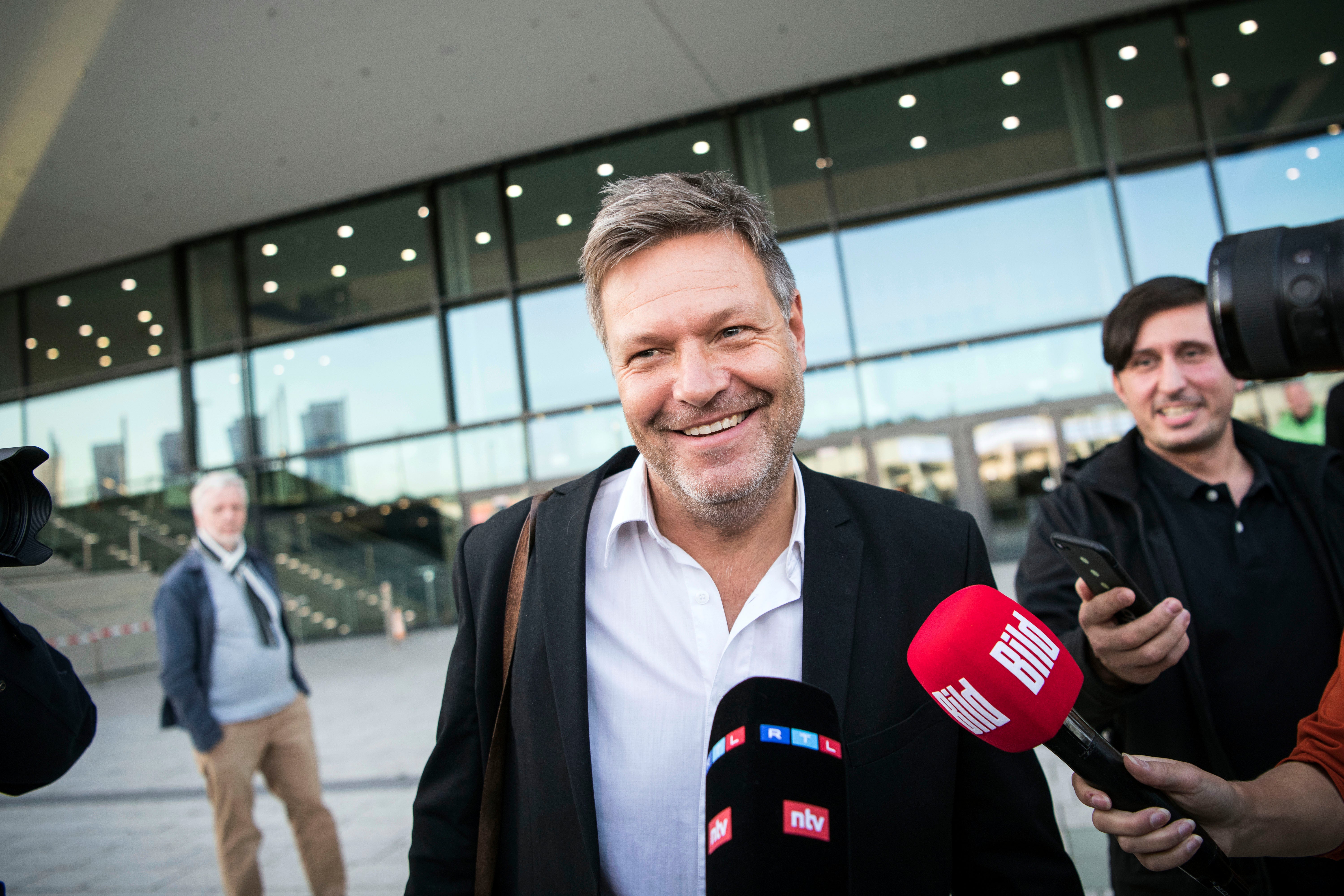Germany ‘will miss two-year carbon targets’, admits climate minister
The country’s new environment head said: ‘We are starting with a drastic backlog’

Your support helps us to tell the story
From reproductive rights to climate change to Big Tech, The Independent is on the ground when the story is developing. Whether it's investigating the financials of Elon Musk's pro-Trump PAC or producing our latest documentary, 'The A Word', which shines a light on the American women fighting for reproductive rights, we know how important it is to parse out the facts from the messaging.
At such a critical moment in US history, we need reporters on the ground. Your donation allows us to keep sending journalists to speak to both sides of the story.
The Independent is trusted by Americans across the entire political spectrum. And unlike many other quality news outlets, we choose not to lock Americans out of our reporting and analysis with paywalls. We believe quality journalism should be available to everyone, paid for by those who can afford it.
Your support makes all the difference.Germany is likely to fail to hit its carbon emissions reduction targets in the coming two years, Economy and Climate Protection Minister Robert Habeck told Die Zeit newspaper.
The previous government set more ambitious CO2 reduction targets, including being carbon neutral by 204, after a top court ruled in April that Germany must tighten its climate protection law.
The new coalition government presented plans to step up climate protection efforts entailing far-reaching reforms for the utility sector and across manufacturing industries, buildings, transport and agriculture.
"We will probably miss our targets for 2022. ... Even for 2023 it will be difficult enough. We are starting with a drastic backlog," said Habeck, co-leader of the Greens who are part of the new ruling coalition.
Germany aims to cut emissions in industry, the biggest carbon emitting sector, to 177 million CO2 tonnes in 2022, down 38% compared with 1990.
In the transport sector, CO2 emissions should be reduced to 139 million tonnes in the coming year, down 15% from 1990.
Habeck said the number of wind turbines built in Germany per year will rise to 1,000-1,500 from around 450 in the previous years, in an effort to meet the government’s targets for renewables to meet 80% of power demand by 2030 and to dedicate 2% of land surface to wind power infrastructure.
The government aims to have laws on accelerating approvals of wind turbines ready by the end of next year, he said.
He added, "2022 will be one of the most exhausting years this ministry has experienced in a long time."
Join our commenting forum
Join thought-provoking conversations, follow other Independent readers and see their replies
Comments